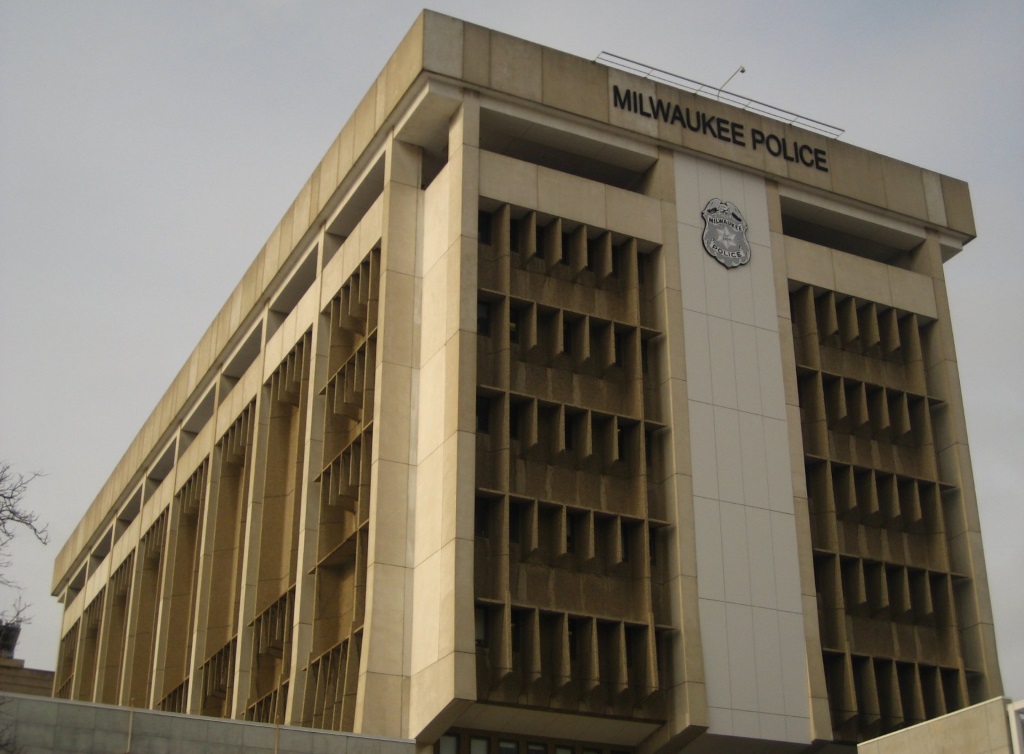Police Department Technology Purchases Raise Concerns
Will increase in cameras and video data invade privacy of citizens?
The Milwaukee Police Department‘s plans to purchase new technology won some praise from Common Council members along with grave concern from the American Civil Liberties Union of Wisconsin, which fears the increasing use of surveillance technology will create videos on citizens that will inevitably be shared indiscriminately.
The technology is being purchased as part of a $1.17 million 2025 federal asset forfeiture shopping list the department recently won council approval to purchase. That includes $250,000 for 16 new drones and $45,000 for training to use them, as Urban Milwaukee previously reported.
The total budget also includes $38,000 for community engagement, which includes police athletic league funding and give-away items, $250,000 for technology systems (including a Gladiator cell phone tracking program, a document redacting system, fusion center video wall upgrade and video storage system), $179,000 for training and travel and $604,000 for equipment, including drones, $83,000 for eight portable meridian barriers, a $45,000 forensic full spectral camera and $17,000 for simulation training clothing and equipment.
The use of new technology, including drones, is supported by some council members.
“I’m glad we’re moving into a new era, using technology to provide that layer of public safety for our community. I’m excited to see how this sort of levels out,” said Alderwoman Sharlen P. Moore at a March 21 Public Safety & Health Committee meeting.
Other council members, including Marina Dimitrijevic, Peter Burgelis and Scott Spiker, would like to see the department use the funding to partner with business improvement districts and other groups to partially fund the lease of Flock cameras, pole-mounted cameras that can read license plates to find stolen cars or detect gun shots. But department officials said MPD is focused on not using the funding for recurring expenses.
The American Civil Liberties Union of Wisconsin wants the city to go completely in the opposite direction and quit spending on new surveillance technology for at least two years.
“While we trust that our local leaders and police officers may have good intentions, history reminds us how quickly larger systems can override those intentions. Already, we are watching as MPD expands its collection of real-time video from its own cameras to networks of cameras on private buildings. Data collected in Milwaukee does not stay in Milwaukee. Once it enters a federal pipeline, it can be accessed, shared, and used in ways we cannot predict—or stop,” said the ACLU in a letter to the council.
MPD received approximately $1.84 million in asset forfeiture funding in 2024, up from $740,000 the year before.
“It’s not predictable each year,” said MPD finance manager Laura Engan to the Finance & Personnel Committee on Feb. 26. She said the department has moved to put recurring expenses in its operating budget as a result, but the 2025 request still includes approximately $100,000 for MPD’s 30-year lease at MKE Urban Stables.
“We do think it’s important to leave a balance, which would be approximately $600,000, in the trust,” she said.
The reserve gives the department flexibility when unexpected issues arise, said Engan. That includes the 2022 decision to replace all of the department’s pistols after multiple misfiring incidents.
The federal government changed how departments can use the funds in March 2024. Regulations include barring the local governing body from directly determining how the money is spent.
“It can’t be used for just general overtime to fund the department,” said Engan. She said the department also can no longer fund food or entertainment expenses, which it did previously with its National Night Out programming. That funding, approximately $35,000, is now in the general MPD fund.
Alderwoman Milele A. Coggs said it’s okay that National Night Out is no longer funded by the forfeiture funds, but she still wants to see community members having a voice in how the funds are spent.
“It doesn’t mean, though, that you don’t take a portion of this money and find ways to do the things that are legally allowable that residents want per district,” said Coggs, referencing a past council push to involve community members.
Engan said that 90% of the 2024 revenue received from the federal asset forfeiture fund was from cash seizures, but it can also include the seizure and sale of real estate, vehicles and other equipment.
Legislation Link - Urban Milwaukee members see direct links to legislation mentioned in this article. Join today
If you think stories like this are important, become a member of Urban Milwaukee and help support real, independent journalism. Plus you get some cool added benefits.
Political Contributions Tracker
Displaying political contributions between people mentioned in this story. Learn more.






















